The European Union, guardian and champion of democracy, rightly takes a dim view when ruling parties ban their opponents, refuse to open polling stations in areas likely to vote against them, censor opposition news channels and allow a large staff of foreign election monitors to police social media in the run-up. If Serbia, say, or Georgia tried systematic election rigging of this kind, Brussels would be the first to call foul and disregard the result as illegitimate. But when it’s the EU that’s running the interference, as in Moldova this week, the rules are apparently quite different.
This week the pro-EU party of Maia Sandu, Moldova’s President and a former World Bank official, won a slim majority in a general election. Her main opponent was Igor Dodon, who led a coalition of pro-Russian parties which were heavily backed by the Kremlin (lest anyone doubt their ideological bent, the opposition’s election symbol was a hammer and sickle inside a heart inside a Soviet five-pointed star). The race was seen as a showdown between Europe and Moscow over control of a poor but strategically important ex-Soviet state – a category that also includes Georgia and Ukraine.
“Not only did you save democracy and kept the European course, but you have also stopped Russia in its attempts to take control over the whole region,” the Polish Prime Minister Donald Tusk wrote in his public congratulations to Sandu. “Moldova, no attempt to sow fear or division could break your resolve,” wrote the European Commission president Ursula von der Leyen. “You made your choice clear: Europe. Democracy. Freedom. Our door is open. And we will stand with you every step of the way.”
There is little doubt that Moscow opened its wallet wide – as well as its usual bag of electoral dirty tricks – in its attempt to influence Moldova’s elections. Telegram, a news and messaging app, openly hosted channels offering cash for votes. There were well-documented stories of Orthodox priests receiving bribes in order to influence their flocks. Several main opposition parties were not just pro-Moscow but provably funded by Moscow too. Pro-government Moldovan media estimate – without much proof – that the Kremlin dropped some $400 million, or 1.5 percent of Moldova’s GDP, on its failed influence operation.
To counter the Kremlin’s campaign, the EU deployed what the foreign policy commissioner Kaja Kallas described as “a specialist team on the ground [to help] Moldova address illicit financing around the elections” as well as “a group of experts, a hybrid rapid response team, to support Moldova against the foreign interference.” Among the tasks of the EU’s team of electoral experts was to monitor online news and social media, and to use Europe’s investigative firepower to track campaign finance violations in the form of Russian money. The European Commission also dangled an irresistible €1.8 billion support package to underpin Moldova’s economic growth plan on its path to the EU.
According to Telegram’s founder, the Russian billionaire Pavel Durov, Europe had some dirty tricks of its own to play. The day of the election, Durov announced that France’s secret services had approached him last year with a covert deal while he was detained in Paris on charges of failing to police criminal activity on Telegram. According to Durov, French spooks “reached out to… ask me to help the Moldovan government censor certain Telegram channels ahead of the presidential elections.” In exchange, the security services allegedly offered to help Durov with his legal problems – apparently a crude good cop, bad cop shakedown.
At first, Durov claims, Telegram “identified a few [channels] that clearly violated our rules and we removed them.” But when a second list was produced that for the most part included channels that were “legitimate and fully compliant with our rules” but were simply critical of the Moldovan government, Durov refused to comply. “Telegram is committed to freedom of speech and will not remove content for political reasons,” he wrote. “I will continue to expose every attempt to pressure Telegram into censoring our platform.” France’s security services have not commented.
Just two days before the vote, Moldova’s electoral commission banned two opposition parties – both believed to be funded by Moscow – though their names remained on the ballots, meaning that the votes of anyone who mistakenly voted for them were lost or went to other parties. President Maia Sandu had called for the large numbers of Moldovans working abroad to take an active part in elections. But just two polling stations were set up in Russia to serve the estimated 78,000-150,000 electors who live there versus more than 70 in Italy, home to some 100,000 Moldovans. In the neighboring Russian-controlled statelet of Transnistria, which lies between Moldova and Ukraine, several polling stations were moved at the last moment and two of the bridges linking the territory to Moldova were under repair, hindering people’s ability to vote.
Do such measures amount to anti-democratic censorship and electoral interference – or are they legitimate acts of self-defense? The story of Moldova’s elections is reminiscent of Cold War Europe, when Moscow poured cash and resources into Euro-communist parties while Washington bankrolled right-wing parties such as Italy’s Christian Democrats – explaining why many Europeans are still so prone to political conspiracy theories and to seeing the secret hand of America everywhere. Moscow, for its part, has long maintained that democracy movements in the former Soviet Union, from Kyiv to Tbilisi, Minsk to Bishkek, have all been orchestrated, financed and directed by the West as a covert means of extending power through the former Soviet Empire.
On balance it’s probably Europe, with its huge trading bloc, track record of fighting corruption in its newest member states and deep (at least by Moldovan standards) pockets that offers a brighter future for the country than Russia. Today’s Kremlin, unlike its Soviet predecessor, offers no inspiring ideological vision and can’t spare much cash to fund its overseas clients. But at the same time Russia remains a major trading partner of Moldova, and many citizens feel close cultural ties to Moscow. Forcing Russia’s neighbors to make a binary decision between East and West has proved not just divisive but has also, in the case of Ukraine and Georgia, led to bloodshed. In Georgia, recent elections have rejected former president Mikheil Saakashvili’s radical pro-EU, pro-NATO course in favor of friendship with Russia – with the result that Georgia’s economy grew a staggering 9.4 percent last year.
Many Europeans are congratulating not just Moldova but themselves on saving the country from Russian influence. But the question remains whether Sandu’s victory makes Europe look strong or weak. On the one hand, Brussels won. On the other, just as with Boris Yeltsin’s gerrymandered election victory in 1996, democracy had to be strangled in order to save it.



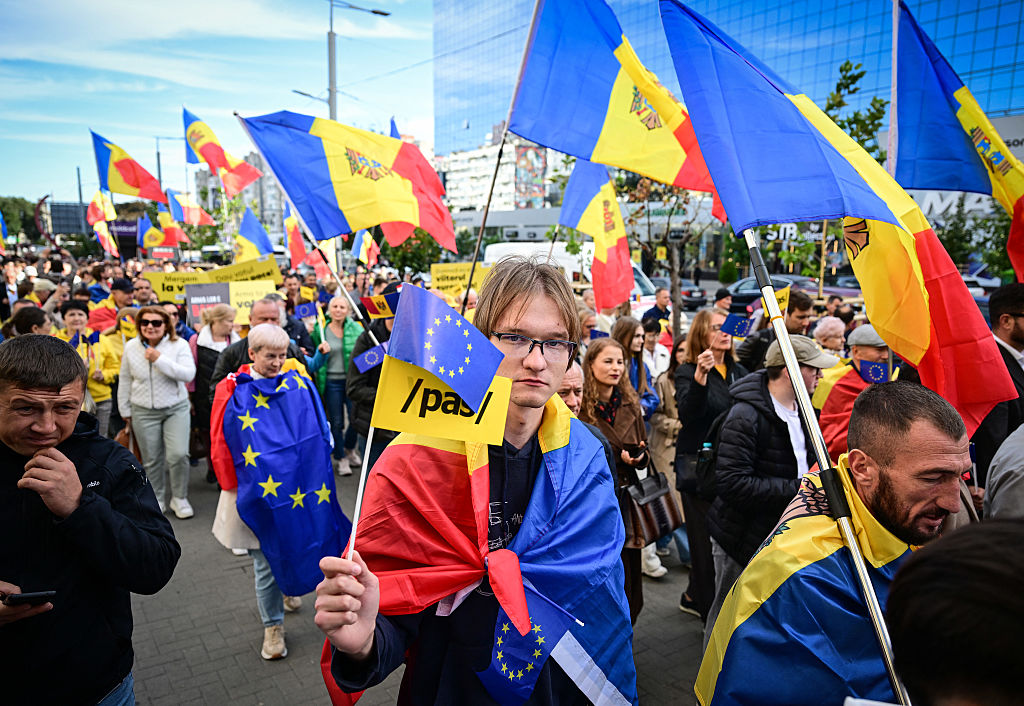








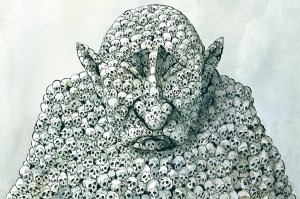
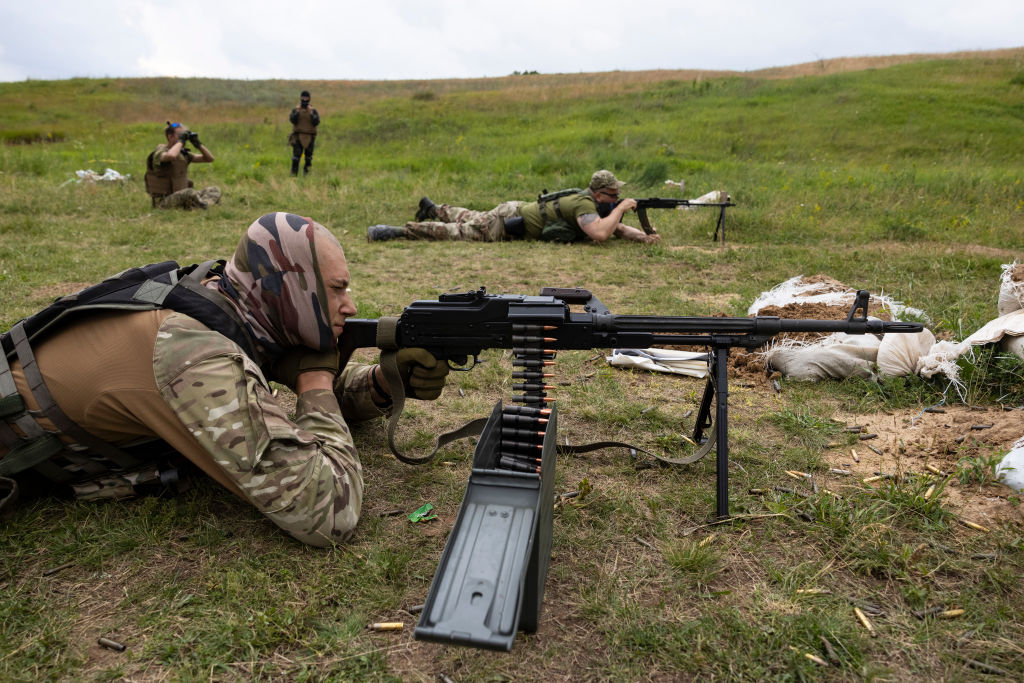
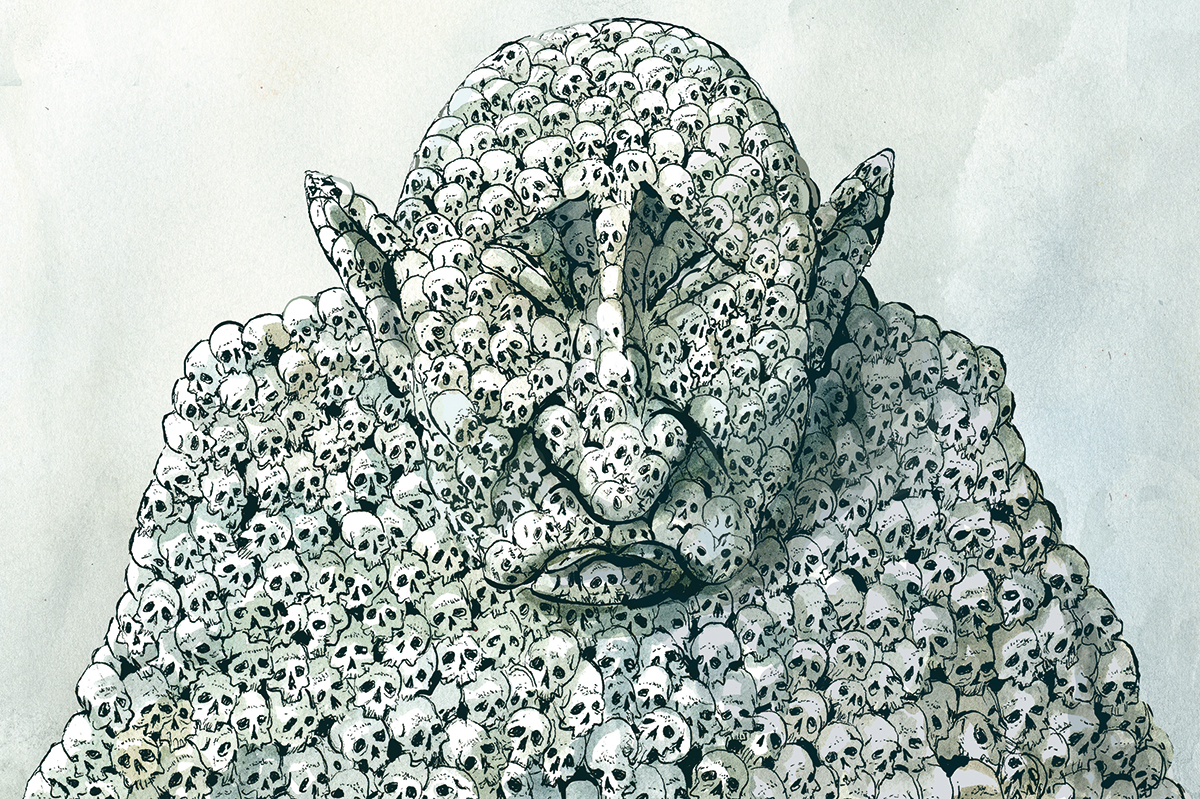

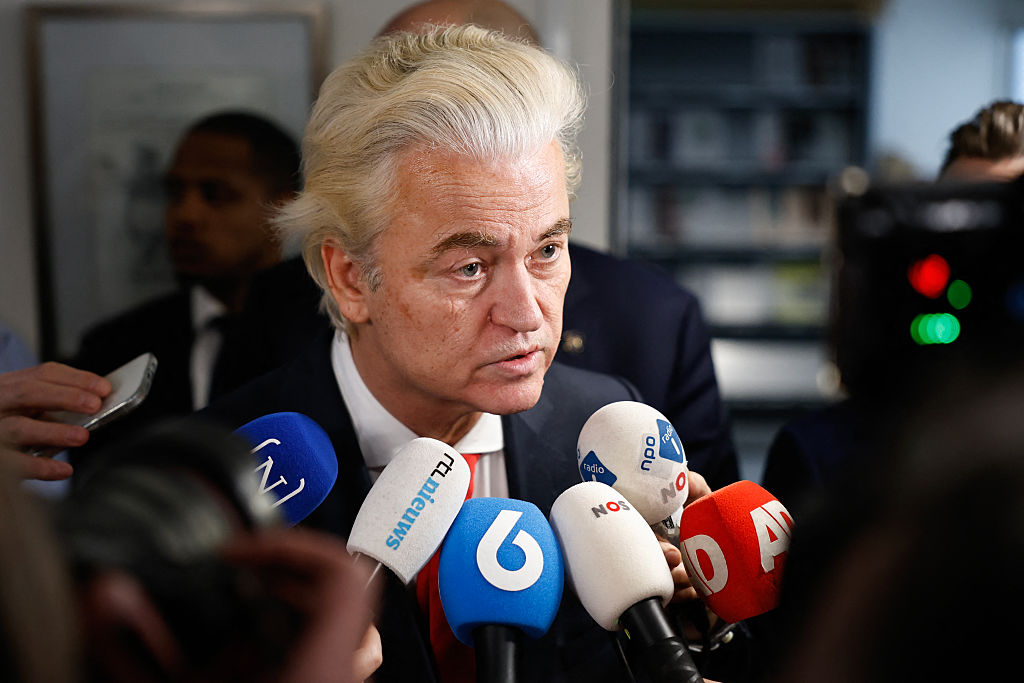
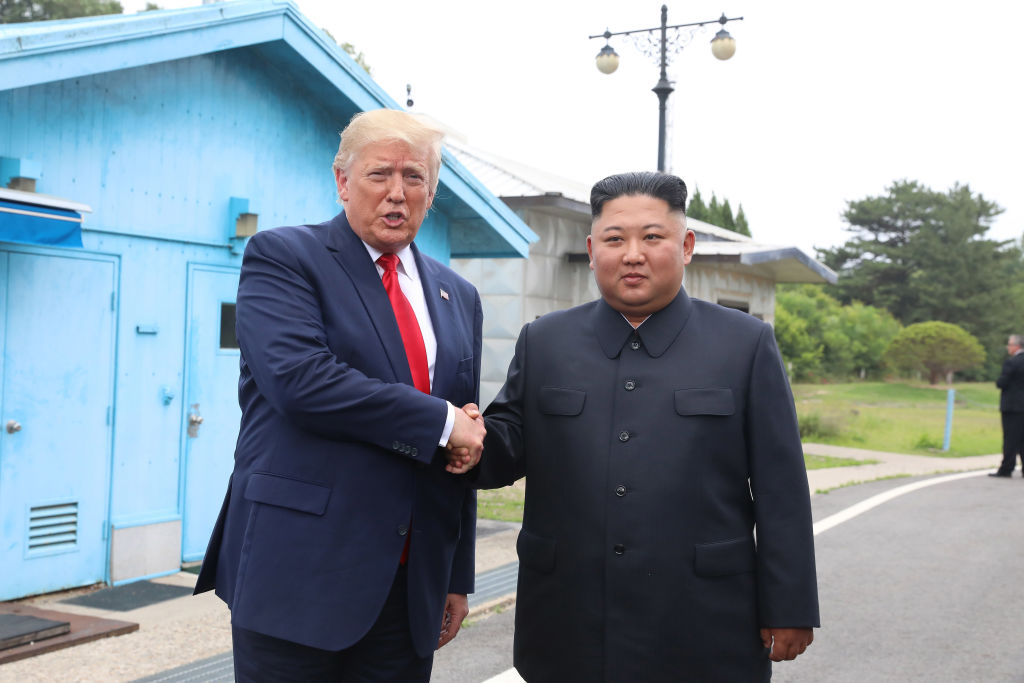
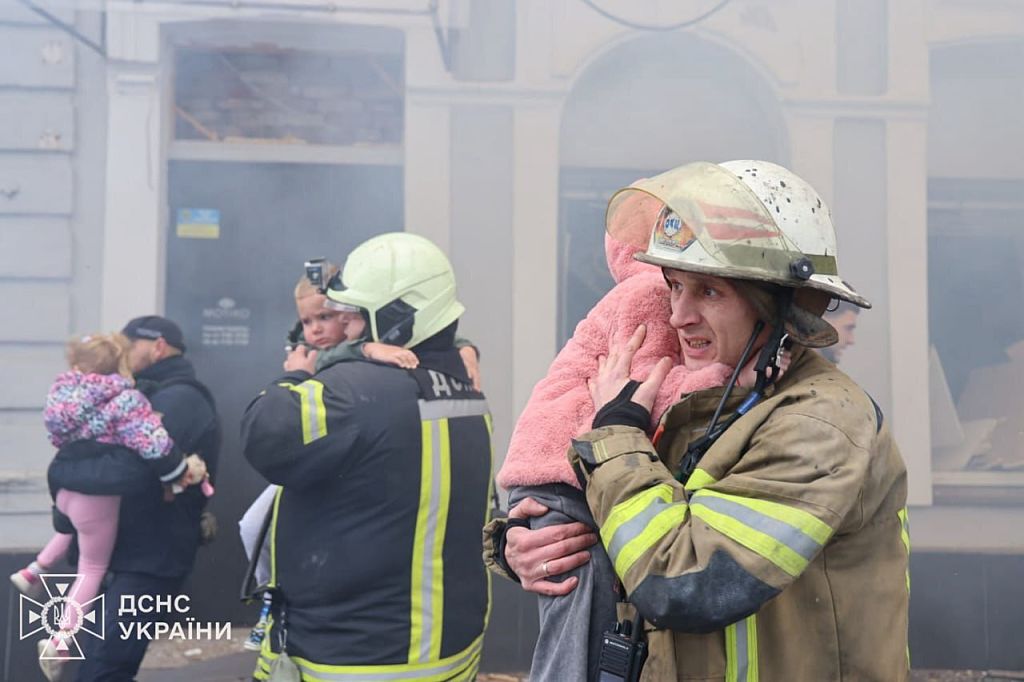







Leave a Reply